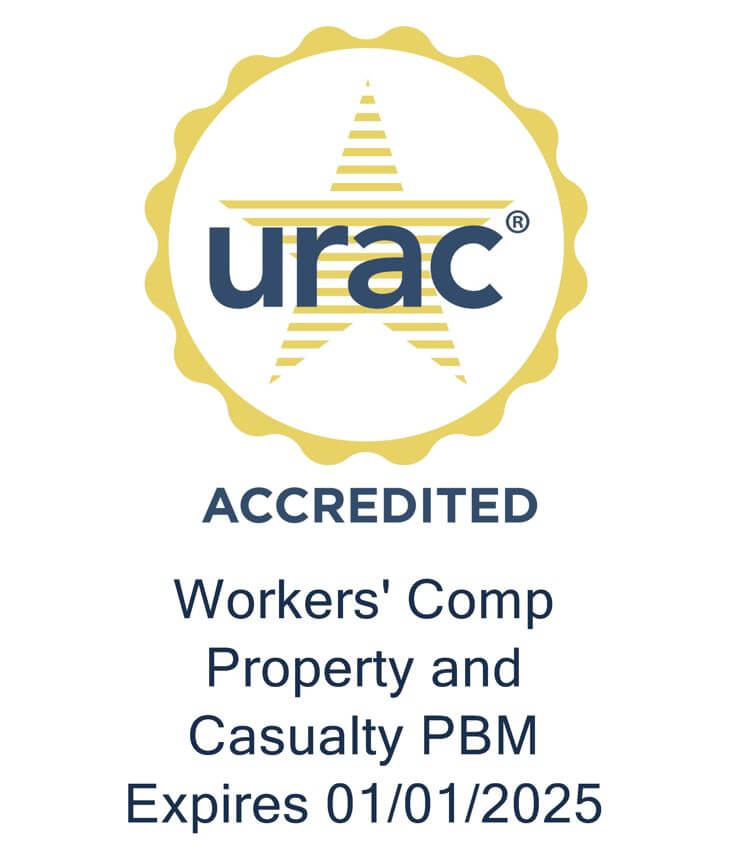The Texas Division of Workers’ Compensation (DWC) published their Biennial Report to the 88th Legislature, presenting system trends that gauge the health of the Texas workers’ comp system, and considerations where additional legislative changes may be necessary.
On a high level, workers’ comp insurance rates in Texas dropped 77% since 2003, with insurance companies writing in Texas averaging a 10% return on net worth. Texas allows private-sector employers the option of not purchasing workers’ comp insurance, and the percentage of these “non-subscribers” has dropped to 25%.
Claim costs have remained stable, as Texas claims with 12 months maturity saw costs 22% lower when compared to the median cost of 18 states analyzed. Medical payments declined 5% in 2020, mainly driven by a decrease in claims with payments greater than $100,000.
The Texas pharmacy is also credited with generating significant cost savingss. System prescription costs fell to $3.1 million from 2020 to 2021, just over a 6% drop. This is attributed to a decrease in prescriptions per claim, compounded by a decrease in the number of injured workers receiving prescriptions over the past few years.
Additionally, return-to-work rates have steadily increased over the last few years, at 83% within six months after injury and 92% within a year of injury.
In regard to COVID-19, the report contains a wide range of data and insights. A summary of these notes includes the following highlights:
- As of August 2022, over 90,000 COVID-19 claims and 459 fatalities have been reported
- 68% of those claims included positive COVID-19 tests or diagnoses
- 59% of positive-test claims were accepted, while 39% were denied
- 51% of COVID-19 claims and 55% of COVID-19 fatal claims involved first responders and correctional officers
- Among first responders and correctional officers, one third of COVID-19 claims were denied, and 42% of fatal claims were denied
The DWC also noted their ongoing efforts to replace outdated technology, including:
- Ongoing to sunset their legacy claim system, COMPASS, by iteratively moving all functions to TXCOMP
- Setting new electronic claim reporting standards
- Electronic filing requirements for employers
- Modernization of revised DWC forms and letters
The report concludes with two legislative recommendations for the Texas legislature to consider:
- Exempting designated doctor exams, and other related exams used to determine the appropriate level of benefits for workers’ comp, from state sales tax
- Adding a limited public information exception for the working papers and electronic communications for DWC administrative law judges (ALJs) and Appeals Panel judges (APJs). The Texas Public Information Act allows citizens to gain important information on how their government works, but at this time the act allows citizens to gain information that these judges are reviewing related to ongoing disputes






